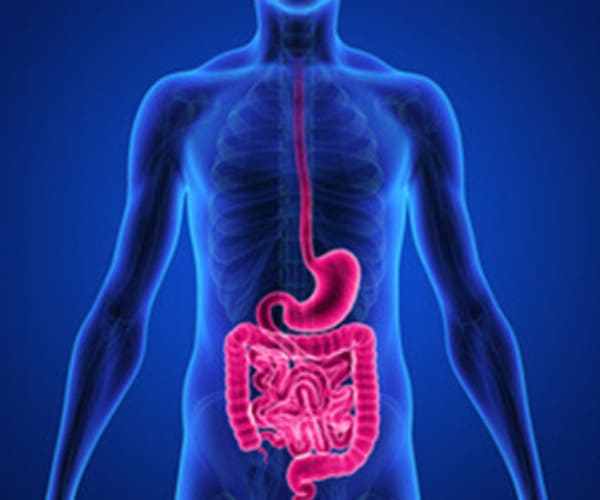Understanding Gastroenterology: Your Guide to Digestive Health
Introduction
Digestive health is a fundamental aspect of our overall well-being, yet it often doesn't receive the attention it deserves. Gastroenterology is the medical specialty that focuses on the digestive system and the diseases that can affect it. In this blog, we'll take a closer look at gastroenterology, the importance of digestive health, common gastrointestinal conditions, and steps you can take to maintain a healthy gut.
What is Gastroenterology?
Gastroenterology is the branch of medicine that deals with the diagnosis, treatment, and management of conditions that affect the gastrointestinal (GI) tract. This complex system includes organs such as the esophagus, stomach, small and large intestines, liver, gallbladder, and pancreas. Gastroenterologists are physicians who specialize in the prevention, diagnosis, and treatment of digestive disorders.
The Importance of Digestive Health
A healthy digestive system is essential for proper nutrient absorption, energy production, and waste elimination. When the digestive system isn't functioning correctly, it can lead to a range of issues, including indigestion, heartburn, constipation, diarrhea, and more severe conditions like Crohn's disease and colorectal cancer. Maintaining digestive health is crucial for your overall health and quality of life.
Common Gastrointestinal Conditions
- Gastroesophageal Reflux Disease (GERD): GERD, often characterized by heartburn, is a common condition where stomach acid flows back into the esophagus, causing discomfort and potential damage to the esophagus lining.
- Irritable Bowel Syndrome (IBS): IBS is a functional GI disorder that can cause abdominal pain, bloating, and changes in bowel habits. It is a chronic condition that can be managed through dietary changes and stress management.
- Inflammatory Bowel Disease (IBD): IBD includes conditions like Crohn's disease and ulcerative colitis, which cause chronic inflammation in the digestive tract. These conditions can lead to various symptoms and complications.
- Gallbladder Disease: Gallstones and other issues with the gallbladder can result in abdominal pain and digestive problems.
- Liver Diseases: Conditions like hepatitis, fatty liver disease, and cirrhosis can affect liver function and overall health.
Maintaining Digestive Health
- A balanced diet rich in fiber, fruits, and vegetables.
- Staying hydrated.
- Regular physical activity.
- Avoiding excessive alcohol consumption and smoking.
- Managing stress through techniques like meditation and yoga.
Taking steps to maintain digestive health is essential. This includes:
When to See a Gastroenterologist
If you're experiencing persistent digestive issues or have a family history of GI conditions, it's important to consult with a gastroenterologist. They can perform diagnostic tests, recommend treatment plans, and provide guidance on how to manage your digestive health effectively.
Conclusion
Gastroenterology is a critical medical specialty that plays a significant role in maintaining our overall health and well-being. By understanding the importance of digestive health, recognizing common GI conditions, and taking proactive steps to care for your gut, you can enjoy a healthier and more fulfilling life.

